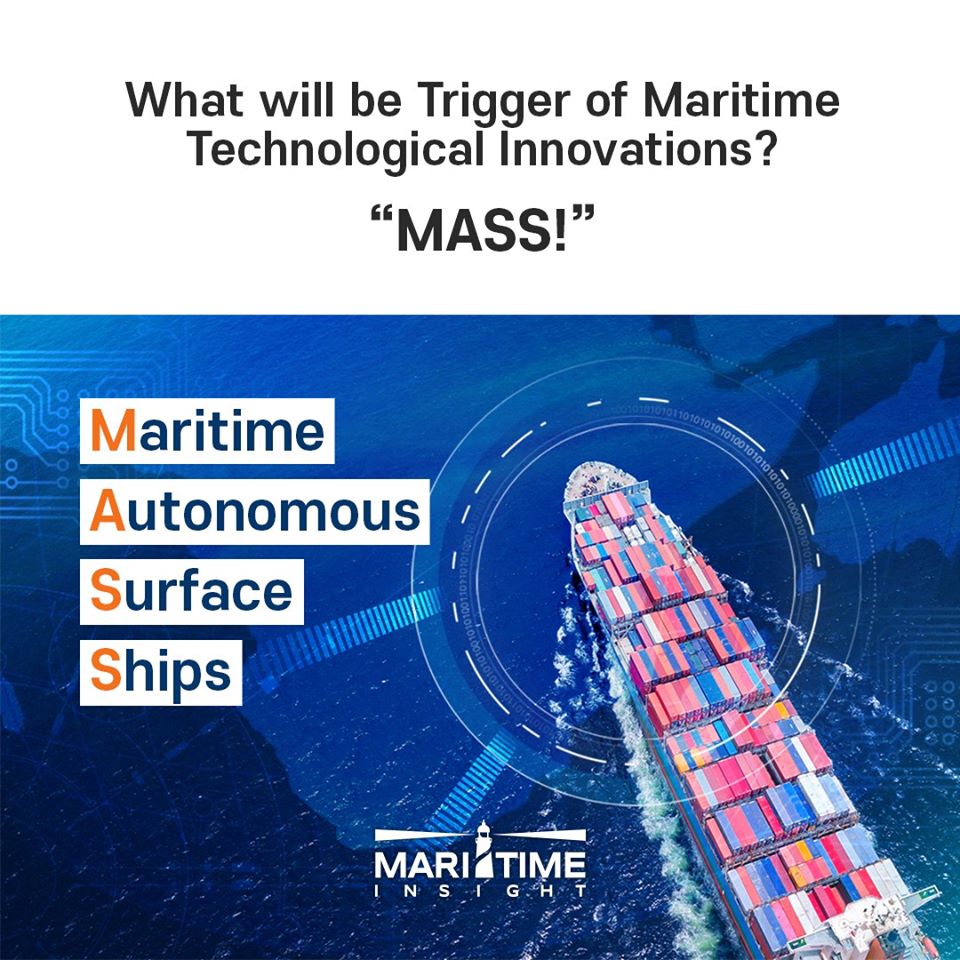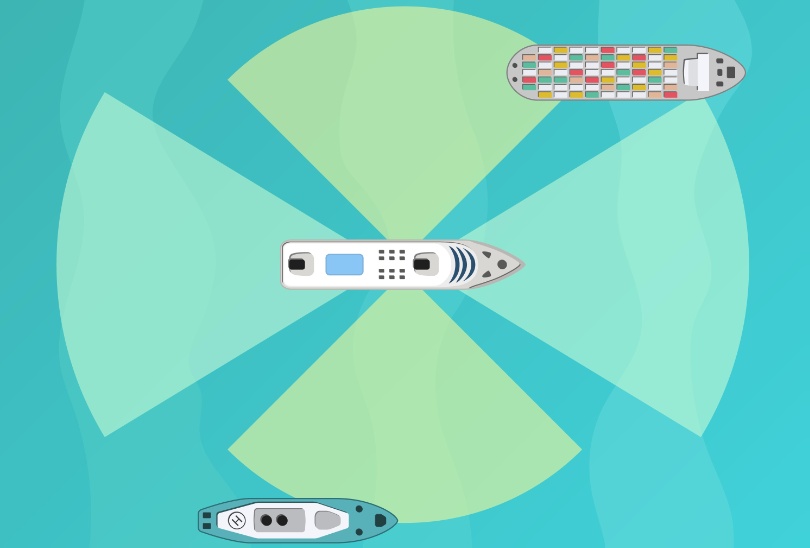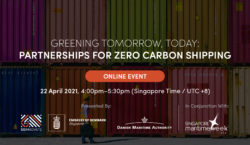
Representatives from flag, coastal and port authorities from China, Denmark, Finland, Japan, the Netherlands, Norway, South Korea and Singapore met at a virtual event, joined by representatives from IMO, International Association of Marine Aids to Navigation and Lighthouse Authorities (IALA), and International Association of Ports and Harbors (IAPH) have met virtually on 4 August 2020, to launch and develop the Maritime Autonomous Surface Ships (MASS) in ports.
“the MASSPorts” is the initiative is a network formed by like-minded states and organizations to address the challenges and achieve alignment of standards for the trials and operation of MASS in ports.
Some of the objectives include developing detailed guidelines and conditions for MASS trials in port, establishing common terminology, form and standards of communication, ship reporting and data exchange to enhance inter-operability of systems across different ports, and facilitating port-to-port MASS trials, according to Seatrade Maritime News.

Quah Ley Hoon, chief executive of Maritime and Port Autourithy Singapore (MPA), said: “Autonomous navigation is an important part of our plans to be a future-ready port. We see MASS having the potential to enhance navigational safety and increase productivity.”
Kim Chang Kyun, director general for policy advisor of the Ministry of Oceans and Fisheries of South Korea, said: “The Republic of Korea will invest about $130m for six years from 2020 to 2025 to develop autonomous navigation systems for MASS and apply it to the actual vessel where international voyage is possible.”Yang Xinzhai, deputy director-general of China Maritime Safety Administration, commented: “The development of new and advancing technologies is exerting comprehensive influence on the shipping industry, which further deepens the integration of shipping into the global supply chain, making it more smooth, reliable and efficient.”
The Norwegian Maritime Authority, meanwhile, said it is the first administration to deliver clear guidelines on how to accept autonomous ships in national and commercial operations.
Japan, on the other hand, is focusing on three types of autonomous technologies: autonomous navigation/collision avoidance, remote control navigation and automated berthing.
The members of the MASSPorts are China Maritime Administration, Danish Maritime Authority, IMO High-Level Representative of Ministry of Transport and Communications of Finland, Maritime Bureau, Ports and Harbours Bureau, Japan Coast Guard of Ministry of Land, Infrastructure, Transport and Tourism, Port of Rotterdam Authority, Norwegian Coastal Administration and Norwegian Maritime Authority, Smart Shipping & Logistics Division of Korea’s Ministry of Oceans and Fisheries, and Maritime and Port Authority of Singapore (MPA).


